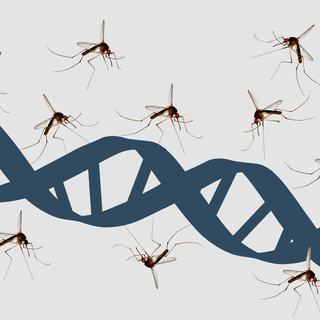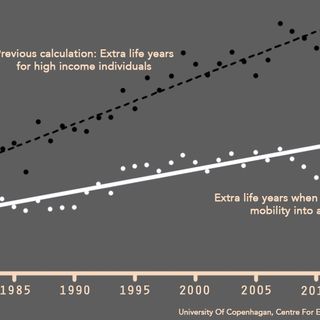Get married early, have a baby before you turn 30, your biological clock is ticking — women hear this advice all the time.
But things may be about to change. A new study, which has highlighted that it’s not just women’s age that affects the child’s health, turns the spotlight on men’s age. Data gathered by researchers from California’s Stanford University, on all live births in the US, has revealed that as the age of the father increased — above 45 and 55 — so did the risks for the infant. From premature births, low birth weight that required healthcare support after delivery such as assisted ventilation, to admission to neonatal intensive care, or administering antibiotics — babies were exposed to a wide variety of risks at or before birth.
The study also highlighted that children of fathers aged 45 or more had a 14% higher odds of being premature and having lower birth weight as compared to those whose fathers aged between 25 and 34 years. They also had a 18% higher chance of having seizures.
And the father’s old age didn’t just impact their offspring. For pregnant women whose partners were 55 or older, it increased the risk of having gestational diabetes by 34%. Researchers therefore estimated that around 13% of premature births and 18% of gestational diabetes in pregnancies associated with older fathers were due to the the advanced age of the father.
Although researchers warned that no firm conclusions could drawn about cause and effect because this was an observational study, they also pointed out that the overall risk of these outcomes likely still remains low, but conclude that advanced paternal age is associated with negative effects on both mothers and offspring.
“A significant number of these negative birth outcomes were estimated to be prevented if older fathers had elected to have children before the age of 45 years. The risks associated with advancing paternal age should be included in discussions regarding family planning and reproductive counselling,” they write.
These findings emphasize the need for further investigations into public health implications of rising paternal age, along with underlining the importance of including men in preconception healthcare.
So, time to take note of another ticking biological clock?




